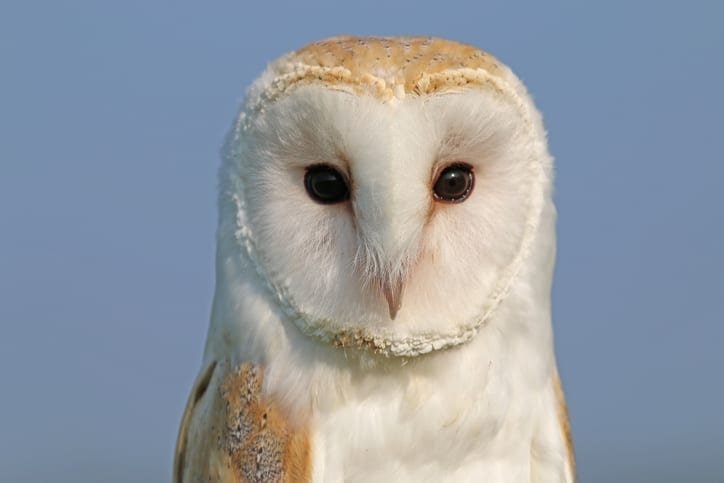Researchers from Queen’s University Belfast have found noise pollution is threatening the survival of more than 100 different species.
The researchers found that noise affects the behaviour of a wide range of species including amphibians, birds, fish, mammals and reptilians.
This meta-study, published in Biology Letters, provides the first quantitative evidence for legislative bodies to regulate noise pollution more effectively.
Noise pollution affects all species
The World Health Organisation (WHO) has said noise is one of the most hazardous forms of pollution.
This new meta-study found noise pollution doesn’t just cause ill effects in humans, but on the biology and physiology of all animal groups studied: amphibians, arthropods, birds, fish, mammals, molluscs and reptiles — terrestrial and aquatic.
The researchers suggest that noise pollution affecting animals is the norm, not the exception.
The study analysed the effects of noise in over one hundred species, which were divided into seven groups: amphibians, arthropods, birds, fish, mammals, molluscs and reptiles.
Dr Hansjoerg Kunc, from the School of Biological Sciences at Queen’s University Belfast and lead author, said: ‘The study found clear evidence that noise pollution affects all of the seven groups of species and that the different groups did not differ in their response to noise.’
Noise pollution threats
The research highlighted a number of threats caused by noise pollution to a range of species that could have implications for survival and population.
Many species of amphibians, birds, insects and mammals communicate by producing acoustic signals. In doing so, individuals share vital information – such as choosing a mate or warning family members of potential threats such as predators.
 Play Video about This Rock Might Just Save The World
Play Video about This Rock Might Just Save The World Play Video about Play 2 hours of rock
Play Video about Play 2 hours of rock Play Video about Play 2 hours of brook
Play Video about Play 2 hours of brook Play Video about Play 2 hours of sheep
Play Video about Play 2 hours of sheep











































